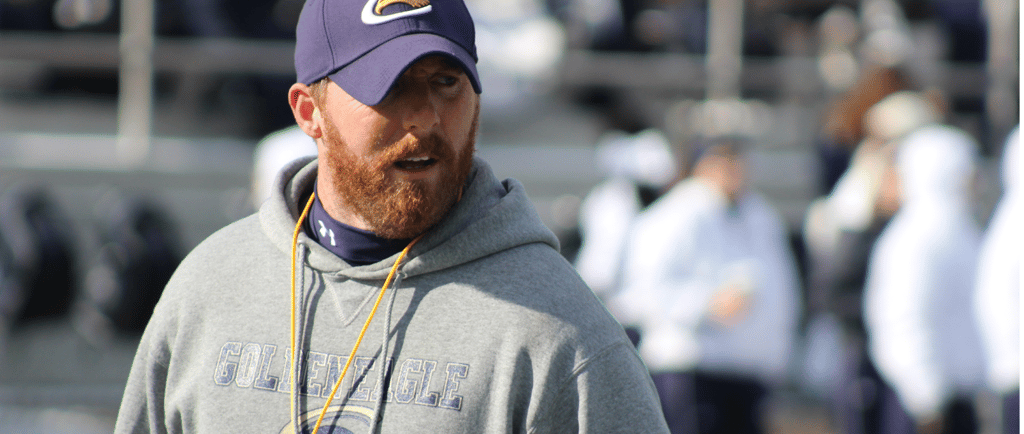No Excuses: Empowering Young Athletes Through Accountability
What if the little excuses we offer our kids after a mistake are actually holding them back? Learn how embracing accountability can transform the way young athletes grow—on and off the field.
6/4/20254 min read


It’s one of the most common reflexes in youth sports—and it often comes from a place of love. A young player misjudges a ground ball, and without thinking, a coach or parent chimes in, “Don’t worry about it, that was a bad hop.” Or a team loses a close game, and the explanation becomes, “Well, we got some bad calls out there.” These responses feel supportive in the moment. They soften the sting. But over time, they can chip away at something much more important: the player’s ability to take ownership, to grow, and to become more resilient.
When we shield kids too often from discomfort, we deny them the chance to learn how to respond to it. And in sports—as in life—learning how to bounce back is one of the most valuable lessons of all.
Let’s take a deeper look at why this matters and what parent-coaches can do instead.
The Subtle Damage of Making Excuses
Every time we attribute a mistake to an external factor—a bad call, a tough bounce, the other team playing dirty—we’re telling kids: “This wasn’t your fault. There’s nothing you could’ve done differently.” While that may be true in some cases, it creates a pattern of thinking that undermines personal growth. Research in developmental psychology shows that children who are taught to attribute outcomes to controllable factors (like effort or strategy) are more likely to persevere and improve than those who think their success depends on luck or outside forces.
In essence, excuses rob young athletes of agency. They learn to shrug off errors instead of reflect on them. And without reflection, improvement is much harder to come by.
Teaching a Growth Mindset Instead
As a coach, one of the best gifts you can give your team is the belief that growth is always possible. That mistakes are not setbacks, but stepping stones. This is the core of what Stanford psychologist Carol Dweck calls a “growth mindset”—the belief that abilities can be developed through effort and learning.
So instead of saying, “That was just a bad bounce,” try: “What did you notice about how that play unfolded?” Or, “What could we do next time to be ready for something like that?” These simple shifts help redirect the focus from the outcome to the learning process. It reinforces the idea that while we can’t always control what happens, we can control how we respond to it.
Accountability Builds Resilience
Accountability isn’t about assigning blame—it’s about owning the process. When kids learn to take responsibility for their role on the field, even in tough moments, they build a sense of internal strength. They’re more likely to say, “I want to fix that,” instead of “That wasn’t my fault.” And that mindset can transform their performance—not just in games, but in school, relationships, and later, in the workplace.
One way to encourage this is to build reflection into your regular routine. After practices or games, ask open-ended questions like, “What’s one thing you did well today?” and “What’s something you want to improve on next time?” Let the kids drive the discussion. You’ll be surprised how self-aware they can become when given the space.
Also, lead by example. If you make a coaching mistake—maybe you ran the wrong drill or misjudged a lineup—own it. Say it out loud. “Hey team, I don’t think that rotation worked the way I thought it would. That’s on me. I’ll make a better call next time.” Modeling accountability gives kids permission to do the same.
Be Intentional With Your Words
Language matters, especially with kids. Young athletes are constantly looking to the adults around them for cues on how to feel about themselves. So be mindful of the tone and framing of your feedback. Instead of saying, “You’ve got to make that play,” you might try, “That was a tough one—what could help you be ready for it next time?” It opens the door to coaching and self-reflection without shutting the player down.
Of course, there’s a balance. We’re not suggesting that every mistake needs to be dissected or that a missed ball should be treated like a teachable moment every single time. But when those moments arise, take the opportunity to support with insight, not excuses.
Building a Culture That Embraces Mistakes
Perhaps the most powerful way to embed this mindset in your team is to normalize mistakes. Make it clear that errors are not something to be ashamed of—they’re part of the game, and part of the journey.
Celebrate effort just as much as execution. Cheer the kid who dove for the ball even if they missed it. Acknowledge hustle, grit, and courage. When kids feel safe trying—even if they fail—they’re more likely to keep pushing their limits.
Create a team culture where players lift each other up with phrases like, “You’ll get it next time,” or “Let’s work on that together.” That kind of peer support reinforces the lesson that mistakes aren’t the end of the story—they’re the beginning of something better.
The Big Picture: Accountability Pays Off
When we teach accountability, we’re doing far more than coaching sports. We’re preparing kids to handle adversity in all areas of life. Studies show that athletes who learn accountability and resilience are more likely to thrive academically, socially, and emotionally. A 2023 study published in the Journal of Applied Sport Psychology found that youth athletes who were taught to reflect on their performance and take ownership showed significantly greater improvement in their confidence and decision-making over the course of a season.
That’s the kind of long-term payoff every parent-coach should strive for.
Final Thoughts
Protecting kids from pain or disappointment might feel like the right move in the short term. But if we want to raise athletes who are confident, gritty, and self-aware, we need to resist the urge to offer excuses on their behalf. Instead, let’s teach them to look inward, reflect, and keep growing. That’s how real progress happens.
So the next time a player misses a play, or your team takes a tough loss, pause before you fill the silence with, “It’s okay, it was just bad luck.” Maybe instead, try: “What did we learn from that?” You might be amazed by what they say next.

